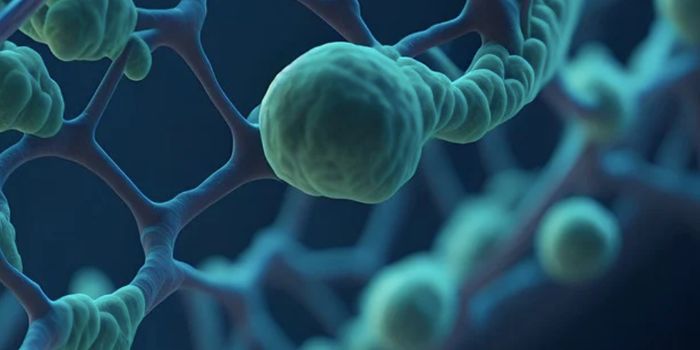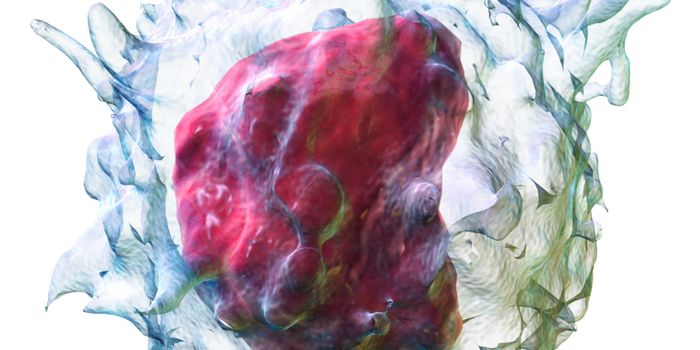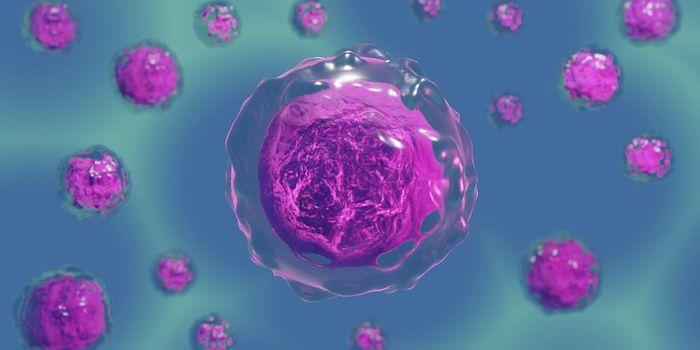Ultrasound Triggers Immunotherapy to Destroy Tumors
An immunotherapy engineered to be triggered by ultrasound beams significantly slows the growth of cancerous tumors in mice. The study was published in Nature Biomedical Engineering by researchers from the US, China, and Thailand.
Chimeric antigen receptor (CAT) T-cell therapy is an immunotherapy that involves collecting T cells from a patient and genetically engineering them to express receptors called CAR on their surface that can recognize certain antigens on cancer cells. These cells are then readministered to patients to neutralize cancer cells.
While the therapy has shown positive results against some blood cancers and lymphoma, it has been ineffective against solid tumors. This is because many of the target antigens on these tumors can also be expressed in low levels among normal tissues, meaning the therapy can unintentionally kill normal cells too.
To better control where CAR T cells act, the researchers re-engineered them to only express the CAR protein when exposed to ultrasound energy. To test their method, they injected mice with these engineered CAR T cells and then placed a small ultrasound transducer over an area of skin on top of their tumor.
The transducer worked by producing short pulses of ultrasound energy, called ‘focused ultrasound beams’, that heated up the tumor to 42 degrees Celcius.
As the CAR-T cells in this study were equipped with a gene that only activated when exposed to heat, the CAR T cells switched on only in areas where the ultrasound was applied and did not affect the surrounding tissue.
The researchers compared mice treated with this re-engineered CAR T cell treatment to those treated with standard versions. Those on the ultrasound treatment saw their tumors attacked while their other tissues were left intact. Meanwhile, those on standard treatments saw both their tumors and other tissues expressing the target antigen attacked.
This research shows that ultrasound-assisted CAR T-cell therapy is effective and safer than pre-existing CAR T-cell treatments for treating tumors. Further preclinical tests, however, and toxicity studies need to be performed before the treatment can reach clinical trials.
Sources: Nature Biomedical Engineering, Science Daily









